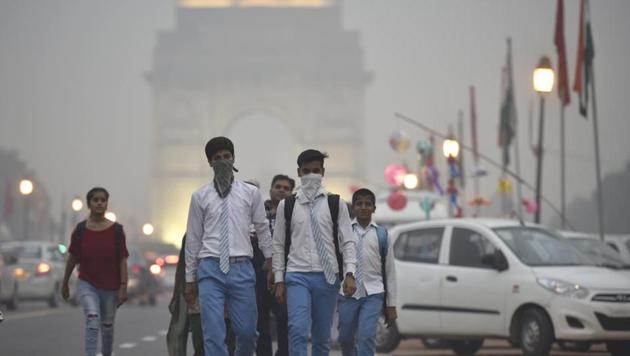Proposed rules to implement India’s fuel efficiency norms weak: experts
Experts fear the proposed rules guiding the implementation of fuel efficiency norms are too lax and will not be effective in limiting air pollution, and curtailing greenhouse gas emissions
New Delhi: With India set to notify rules to implement fuel efficiency norms, environmentalists are already expressing concern that in their present form, the proposed rules can lead to weaker implementation.

The new fuel efficiency standards that are expected to come into force in April, require cars to be 30% more fuel efficient from 2022 and 10% between 2017 and 2021.
However, experts fear the proposed rules guiding the implementation are too lax and will not be effective in meeting the twin objectives of limiting air pollution and curtailing greenhouse gas emissions.
“We support the implementation of fuel economy standards,” said Anumita Roychowdhury, at the Centre for Science and Environment, a policy think tank in Delhi.
“ But the way you design it is very critical in determining whether you get the real benefits.”
Other NGOs, like Greenpeace which released a scathing report earlier last year about air pollution in cities across India, echoed this concern.
“They brought out these rules after so many deliberations, we are disappointed how lax the rules are,” said Sunil Dahiya at Greenpeace.
Roychowdhury said, “The rules that were formulated in 2015 and were up for comments and suggestions from public for about a month will allow for more dieselization, because it will incentivise the production of cars that are only slightly more fuel efficient.”
This is because of the way the fuel consumption norms are implemented. The fuel efficiency of vehicles will not be tested against a specific norm limit value. For every manufacturer, regulators will use the annual sales data, the tested fuel economy value for a car model and average it for every manufacturer. The average value has to comply with the fuel efficiency standard.
“Car manufacturers can ensure improvement in their average numbers by producing mild hybrid vehicles that are only nominally better than diesel vehicles,” said Roychowdhury.
The other point of contention is that there are no penalties for not meeting the norms. Other countries have stringent penalties for failing to meet fuel economy targets. India’s proposed rules, by contrast, do not provide for any action for not meeting the standards for three years and after that only allows the company to be reported.
“Energy and transport sectors are going to be the big drivers of air pollution and climate change,” Dahiya said. “ If we don’t establish strict rules we won’t be able to check pollution or meet our commitments under the climate treaty.”
The environmentalists also argue that updating the rules every few years would lead to more disruption in the automobile sector. “When we have the most efficient technologies available we should use them,” he said.





